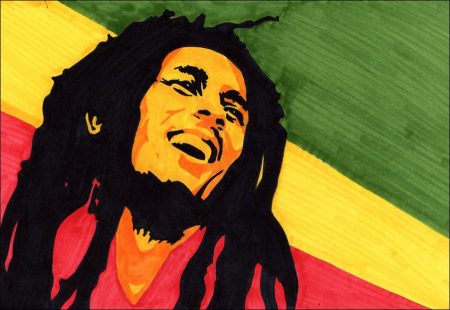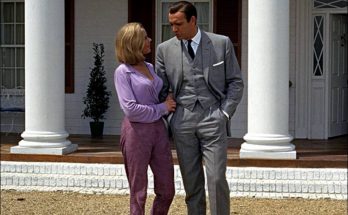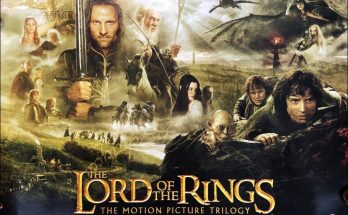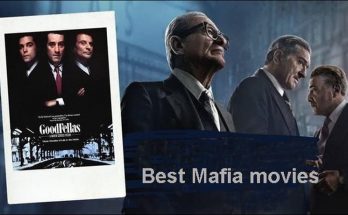For nearly half a century, Bob Marley – the musician, the revolutionary, the legend – has influenced various populations at a global level that remains unparalleled. Marley’s passing in May 1981 not only left a huge void in what is perhaps modern music’s most spiritual and yet accessible genre, reggae, but also, as a testament to the star’s power, set the stage for the unprecedented growth of his fan base.
The enduring nature of Bob Marley’s fame is anything but a simple pop music phenomenon. Just one index of it is the success of the Marley compilation album “Legend,” which is one of only 17 albums to pass the 10-million mark in sales (in 2009), continues to sell at the rate of about 250,000 albums per year, and is the second-longest charting album in the history of Billboard magazine’s record-keeping. With an ever-growing fanbase (as evidenced by his 33+ million roster of fans on Facebook and Twitter), his fame has elevated his stature to one of a spiritual beacon.
More than 30 years later, the undying messages that go beyond his music make Marley a cultural force to be reckoned with. His way of living was in many ways a political act on the world stage, across the world’s continents. Today, wherever politically minded youth seeks ways to find solidarity (as was exemplified over recent months by the popularity of Bob Marley’s music and imagery amidst scenes of protest in the Middle East and Africa and at the Occupy Wall Street demonstrations and its many offshoots), they find him to be an ever-potent cultural touchstone. And yet, for all the loyalty shown to the icon, and all the renewing excitement for those still discovering his legacy, many mysteries and unanswered questions have remained. A glut of concert films, biographies, DVDs and unauthorized videos already have attempted to explore his story over the years since his death, but the man himself remains almost as enigmatic as he is beloved.
Now, through the unprecedented, combined efforts of the Marley family, Oscar-winning master filmmaker Kevin Macdonald (The Last King of Scotland, Life in a Day, One Day in September) and Shangri-La Entertainment (Shine a Light, Heart of Gold), many of those questions have been given an answer, and many of those mysteries have in great part been solved.
“The thing at the back of my mind,” Macdonald explains, “the question I wanted to answer in making the film, was: Why does he still speak to people around the world (because it’s clear that he does) and why does he speak to people so much more profoundly than any other rock artist or popular music artist….What I was fascinated to try to do in this film was to make something very personal. Who is this man? Why did he become so successful? What was the message that he had to give out to people?”
With his documentary MARLEY, which was made with the full cooperation of the Marley family and embraced a variety of sources and speakers who have previously gone unheard, Macdonald brings the legacy into a new generation and lends an often exuberant and moving perspective to a legend.
Beyond the joyous and upbeat quality of many of the film’s sequences (Bob’s music was uplifting even in its darker moments), the film delivers a depth of information and insights that would have been impossible without the kind of cooperation the Marley family have offered. Bob’s wife Rita and his children, friends and musical colleagues, have opened their hearts, minds and memories to Macdonald and his team. As a result, their expansive interviews and the unparalleled and unrestricted access to a trove of archival imagery mean that this film will stand as the one definitive record of the Bob Marley legacy.
However, the filmmaker’s eventual attachment to the project came in stages, over a long period of time. “My first involvement at all with the universe of Bob Marley,” recalls Macdonald, “was about six or seven years ago. I was approached by [Island Records founder] Chris Blackwell about whether I wanted to do a film about what would have been Bob’s 60th birthday celebration in Ethiopia. Chris had the idea to make a film about flying a load of Rastas from Jamaica to Ethiopia for the first time, and seeing the concert through their eyes. I thought this was a great idea, and so I did a lot of research about Jamaica, but nothing really came of it.”
Next Page: Bob Marley: A Reggae Superstar Across the Globe
Views: 137



